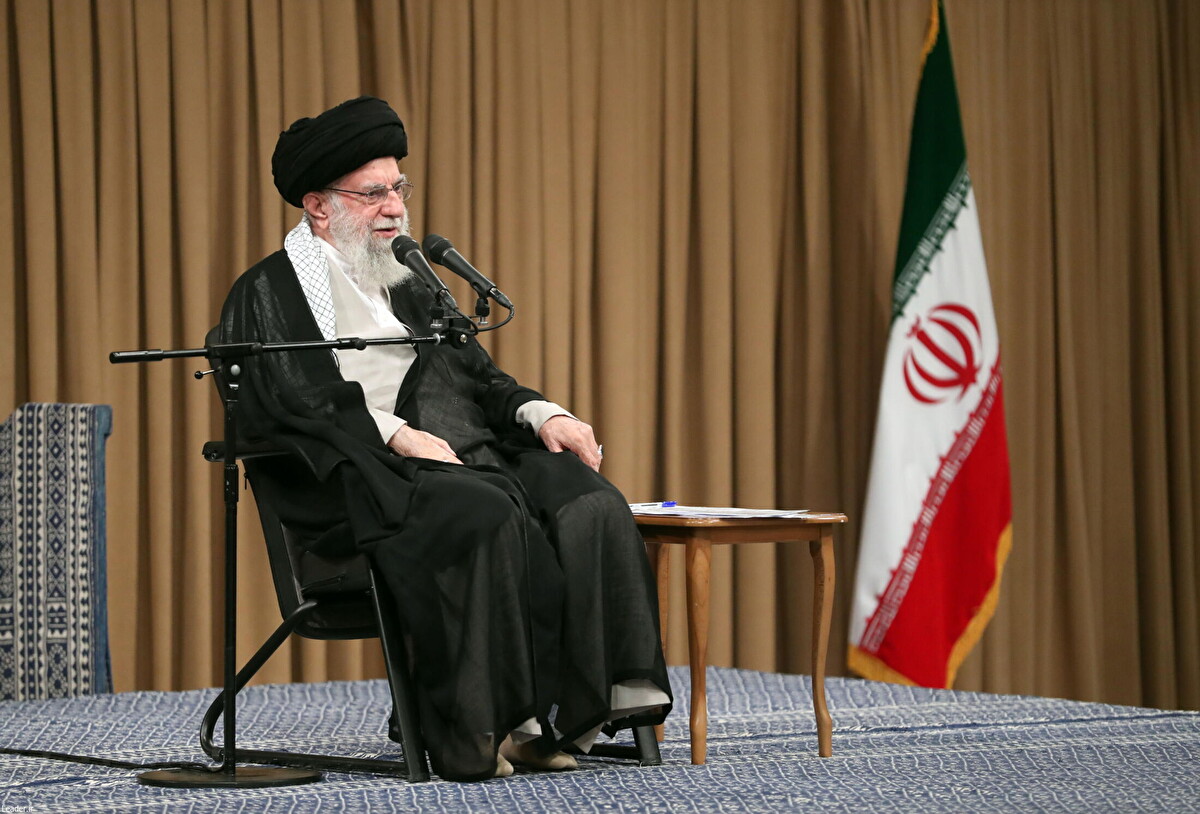The death of Hassan Nasrallah announced today by Israel’s military, although greeted with jubilation by many, is a dramatic new development in the Middle East conflict with still incalculable consequences. The secretary-general of Hezbollah, one of Israel’s most formidable enemies, was killed Friday in a massive Israeli bombardment of Beirut, Lebanon’s capital. He had last appeared in a lengthy speech broadcast last week. Israeli strikes on Beirut in recent days were aimed precisely at flushing out the historic leader of pro-Iranian Shiite militants.
After the official announcement, Israeli Army Chief of Staff Herzl Halevi said that this murder “is not the last weapon in our box. Israel’s message is simple: we will reach out to anyone who threatens the citizens of Israel, in the north, in the south and in remote places.”
Israel has thus killed within two months the two most charismatic leaders of the organizations attacking the Jewish state: the murder of Nasrallah comes after that of Palestinian Ismail Haniyeh, head of the political wing of Hamas, who was assassinated by an attack in Tehran on July 31. The Jewish state is also trying to kill his successor Yahya Sinwar who is in the Gaza Strip.
Nasrallah was 64 years old and had led Hezbollah for 32 years, that is, since Israel assassinated his predecessor Abbas al-Musawi in 1992. His charisma and political skill had made him one of the most influential figures in Lebanon and the Middle East in general although for his own protection he lived in hiding.
The Israeli bombardment of Hezbollah’s stronghold neighborhood in Beirut’s southern suburbs also killed Southern Front commander Ali Karaki and the commander of Al Quds forces in Syria and Lebanon, Abbas Nilforushan. The Israeli army estimates the total number of casualties from the attack to be about three hundred, some in surrounding buildings. Israeli Defense Force (IDF) spokesman Daniel Hagari said the targeted structure was located under some residential buildings.
The Biden administration distanced itself: the president in a statement Friday night said the attack on Beirut occurred without Israel informing the United States, speaking of “a precarious moment in the Middle East.” Israeli sources claimed instead that Washington had been informed “shortly before” the attack.











